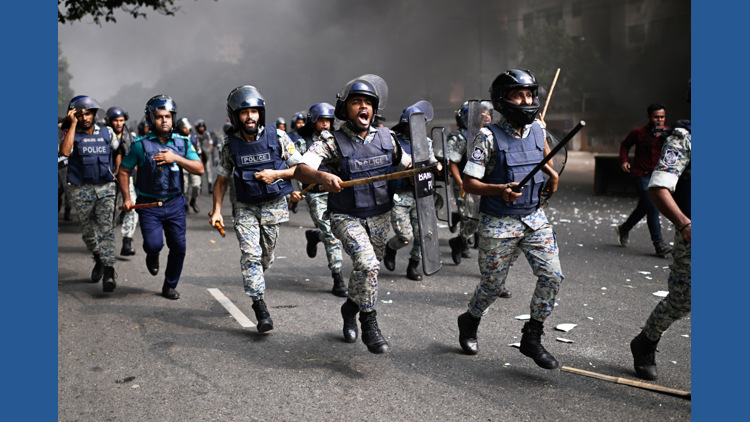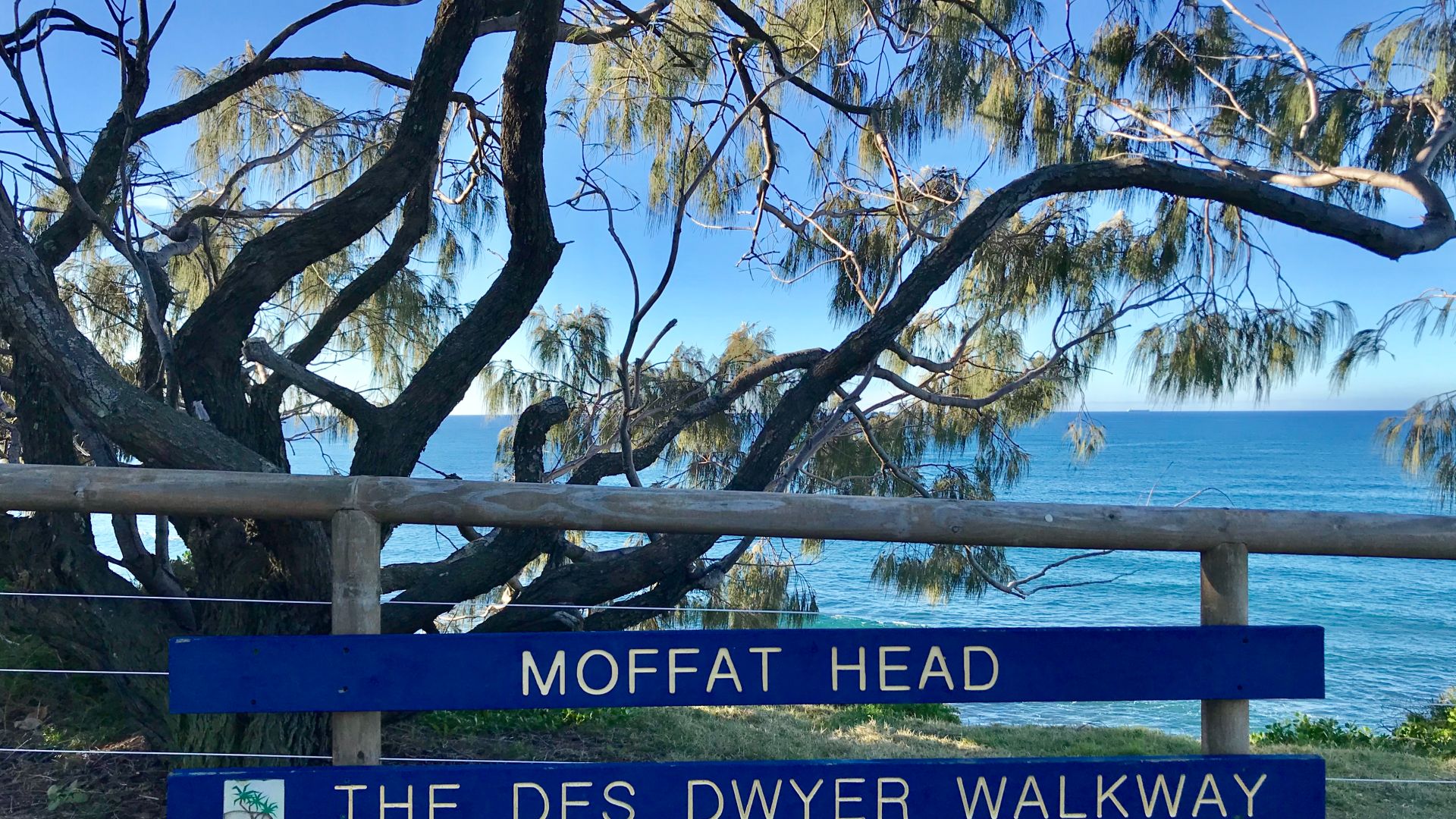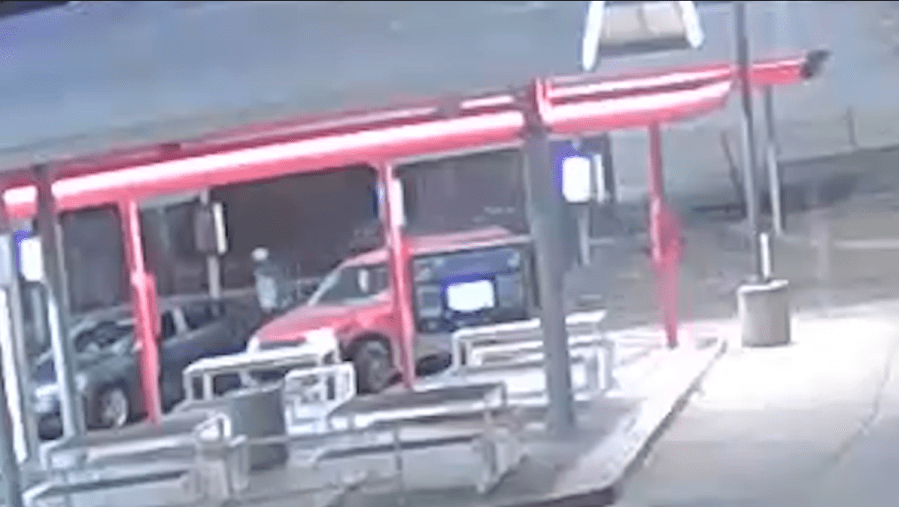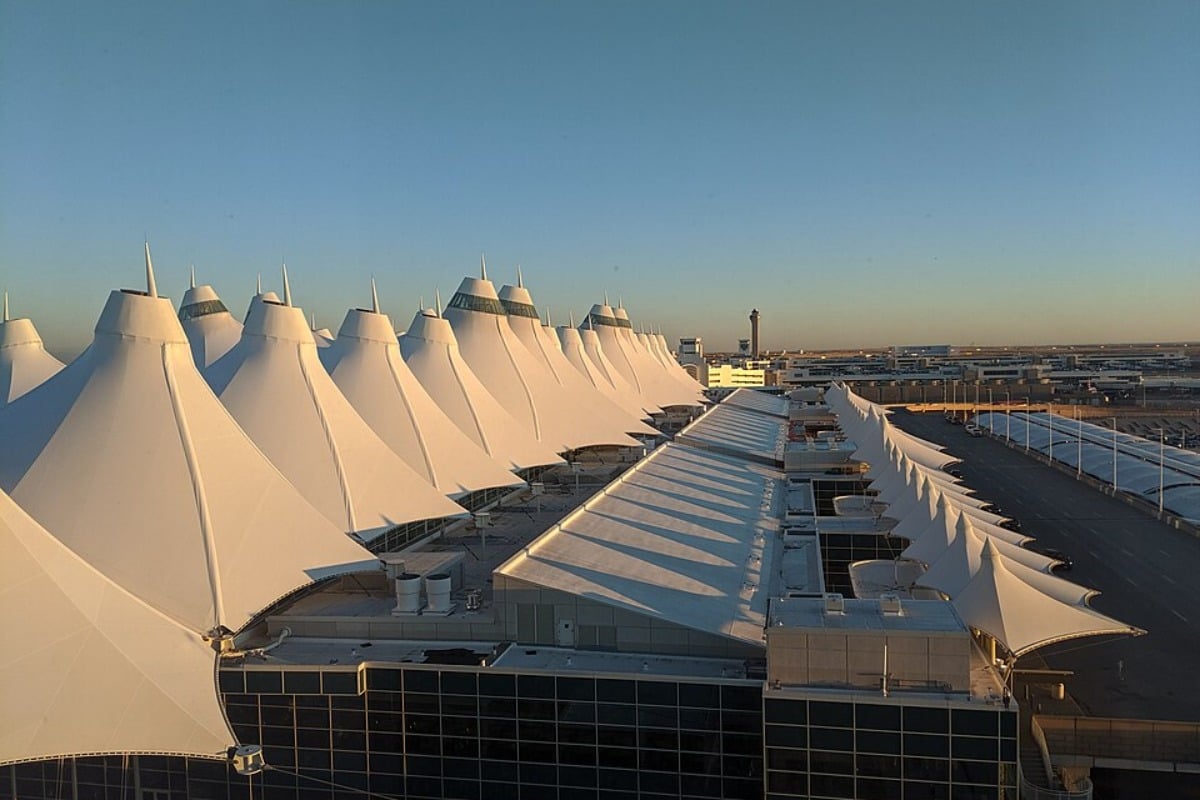UPDATE: Sajeeb Wazed Joy, son of ousted Bangladesh Prime Minister Sheikh Hasina, is demanding the interim government lift a ban on his mother’s party, warning that the upcoming elections will be a “sham” if they remain excluded. In a developing interview with The Associated Press from Washington D.C., Joy emphasized the urgency for inclusive and fair elections to stabilize the politically tumultuous country.
Bangladesh is set to hold elections in February 2026, marking the first polls since the student-led uprising ousted Hasina last year. Joy stated, “If the Awami League party is not given enough time to prepare for the election, the results will not be recognized by the people or international observers.” He condemned the current interim government led by Nobel Peace Prize laureate Muhammad Yunus for political manipulation aimed at sidelining his family and party.
In May, Yunus’s government imposed a ban on the Awami League, leading to the arrest of senior leaders and forcing many into exile. Joy accused the interim administration of using the ban to suppress political dissent while claiming it is a movement for justice. He called for the urgent lifting of the ban, asserting that “this is political manipulation disguised as justice.”
The political landscape in Bangladesh remains fragmented after Hasina’s fall. Joy highlighted that the Bangladesh Nationalist Party, led by former Prime Minister Khaleda Zia, is the main contender for the upcoming election. Meanwhile, the political scene has seen the return of the Islamist party Jamaat-e-Islami, which is reportedly forming alliances with other hard-line groups. Joy warned that if instability continues, these Islamists could gain significant power.
Human rights organizations, including Human Rights Watch, have voiced serious concerns over the ban on Awami League activities. They urged Yunus to end the restrictions, which they claim infringe on freedom of association, assembly, and expression. Joy stated, “The human rights record of this regime is brutal,” citing that tens of thousands of Awami League supporters have been jailed without bail.
Amid the chaos, Joy acknowledged some past mistakes by his mother’s government regarding handling protests but firmly disputed claims from a UN report alleging up to 1,400 deaths during the uprising. He referenced an official statement attributing around 800 deaths to the violence but insisted that all casualties warrant thorough investigation.
As the situation continues to unfold, Bangladesh’s interim government has yet to respond to Joy’s allegations or the calls for lifting the ban. The international community watches closely, with the future of democracy in Bangladesh hanging in the balance. Joy concluded with a warning that without a fair election process, the legitimacy of the upcoming elections would be seriously undermined, leading to increased instability in the already volatile region.
As this story develops, the world awaits the interim government’s next move regarding the political future of Bangladesh and the fate of Sheikh Hasina and her party.







